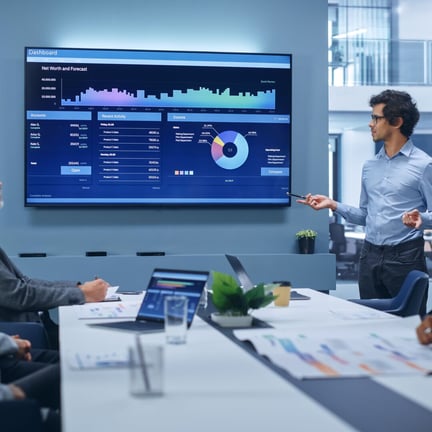Client challenge
Founded in 1996 to provide an emergency bottled water service, Water Direct has grown over two decades to become the UK’s leading provider of alternative and emergency water supply services. Providing bulk water supplies and a variety of related services, our client supports a number of industries. Last year alone, Water Direct delivered over 99 million litres of water.
Given the nature of the business, especially as a supplier of emergency water to many of the UK’s utility companies, Water Direct was keen to have the most robust business continuity plans in place. The company first looked at developing a management system to align with BS 25999, the predecessor to ISO 22301. Plans were put on hold following a successful bid to supply water to the Olympics. Following this contract, Water Direct approached us as a leading technical authority to help the company make resilience a business priority
How we helped
We supported Water Direct in:
- designing, building and implementing an ISO 22301 system that worked for their unique business
- providing independent assessment to certify the new system to the standard. TBC
We identified IT as our client’s biggest business risk, with the need to build greater system resilience. Following an impact assessment, the solution was to use internet-based databases. Today, the company’s critical files, accessed on a daily basis, are held in two different cloud systems. Data is updated instantly as edited and accessible from anywhere.
“We chose LRQA due to its international standing and recognition among our global client base. This...
The system in action
Water Direct’s business continuity system was put to the test at its Colchester headquarters following the fall-out from Atlantic storms. Along with its neighbours, power and telecommunications were down and some employees were unable to travel to work. Within a few hours the company was fully functioning, having relocated to a temporary base with remote access to all critical data.
Business as usual following a crisis
1. Key employees were contacted and asked to meet at a nearby hotel, acting as a temporary base until power was restored at HQ.
2. With the help of our client’s telecoms provider, incoming calls were transferred to a mobile number on a cascade system.
3. Customers remained unaware of the situation; calls were answered immediately and orders fulfilled.



